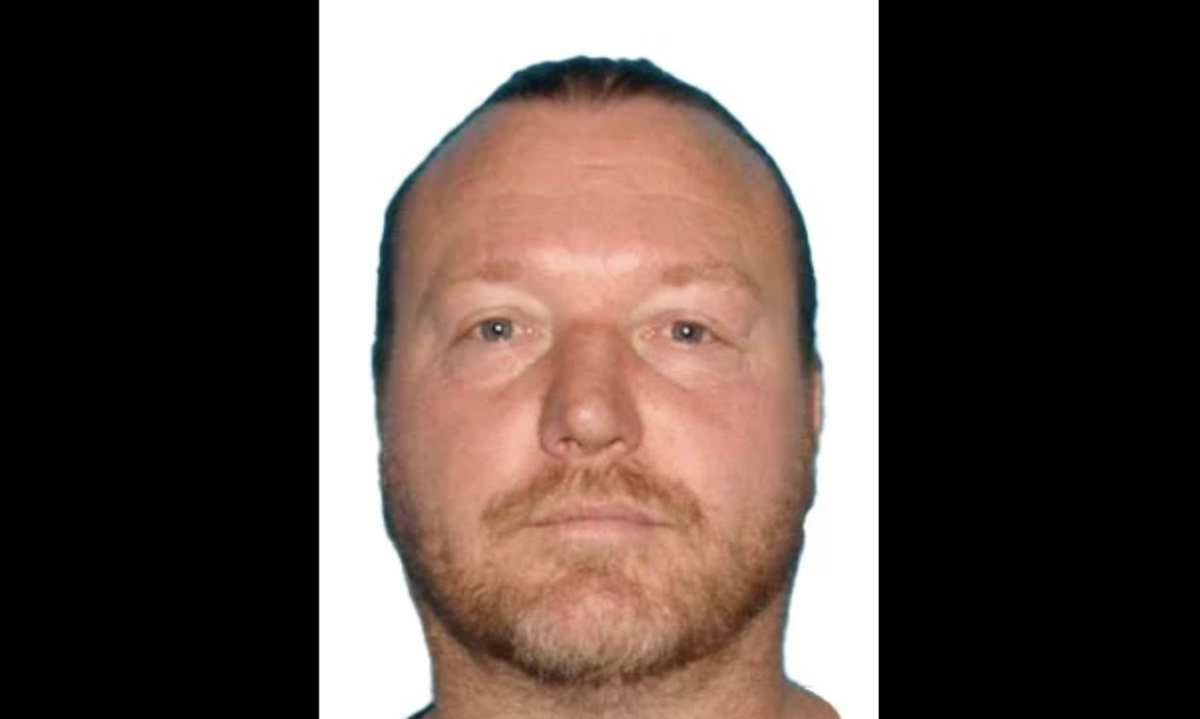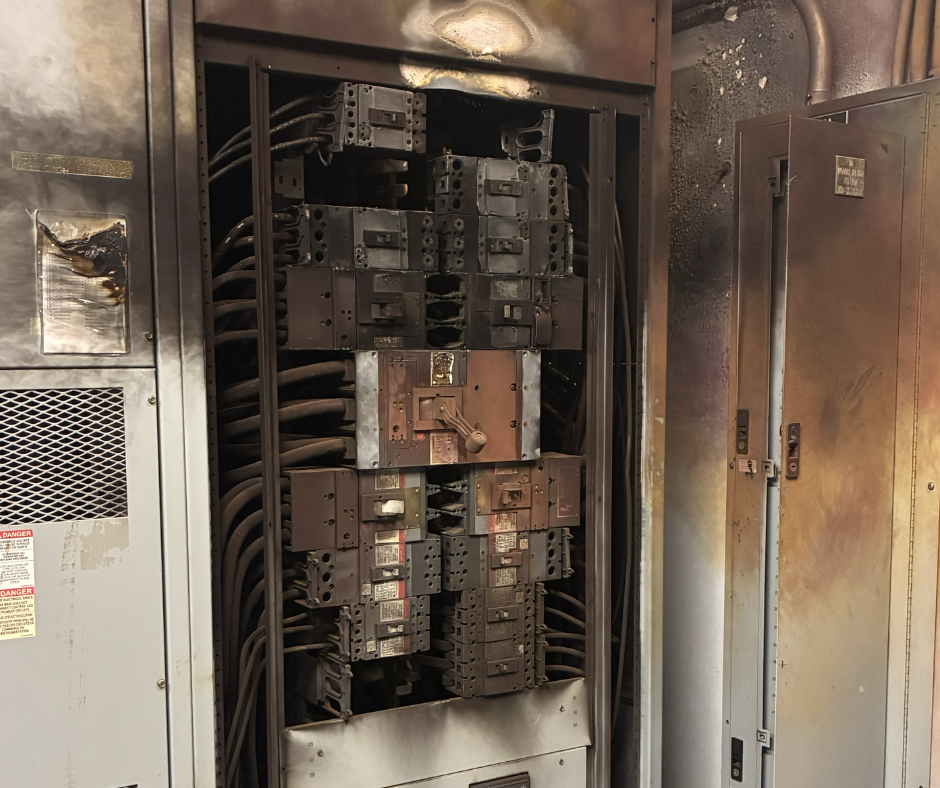 The Green Reaper — the 2010 winner of the Autonomous Lawn Mower Robot Competition — will make its comeback, remodeled and better than ever, for the 2011 ION Robotic Lawn Mower Competition this June.
The Green Reaper — the 2010 winner of the Autonomous Lawn Mower Robot Competition — will make its comeback, remodeled and better than ever, for the 2011 ION Robotic Lawn Mower Competition this June.After winning first place at the autonomous lawnmower competition in Beavercreek, Ohio in 2010, a new team that hopes to live up to high expectations is reworking the UNF lawn mower.
The purpose of the competition is for university and college students to design and operate a robotic unmanned lawn mower that uses the art and science of navigation to rapidly and accurately mow a field of grass.
The team must then film a video of the robot navigating through and mowing a lawn as a competition requirement, Schmidt said. Only after the showing of the video does the actual demonstration take place.
The 2011 team consists of Hershel Parmar, Bill Carlson, Nathan Schmidt, Ernie Bautista, Francis Obiozor, and Joshua Davis, electrical engineering seniors, and Joe Lisiecki, a mechanical engineering senior.
“A lot of people don’t look at UNF as the Mecca for technology, and we’re trying to change that by competing at high levels, living up to last year and representing the university at its best,” Carlson said. “We took the old Reaper, scrapped it, and designed a better version. We built on the strengths of last year’s team and also kept in account the weaknesses.”
The Green Reaper 2 has a heavy metal frame, long-lasting batteries, sonar sensors for remote control, fully functioning wheels and motors from an electric wheelchair that can support up to 300 pounds.
Parmar said he’s noticed the robot runs very smoothly over rough terrain after testing it on the Green. He said the frame makes the robot durable and will support blades that have yet to be installed.
“We all put a countless number of hours into this robot — all of summer and several hours each week,” Parmar said.
Along with hours of work, the Reaper comes with a heavy price tag. With even just the GPS installed for navigation costing around $15,000, the team does many fundraisers to help afford the best equipment.
Though the robot is in its prototype stage, it is estimated to run autonomously by April, the team said.
Every Tuesday morning, the team does a coffee and brownie social in front of the library where they show their robots off. They engage students with information on how they work and accept donations. Currently the team is selling raffle tickets for a dollar apiece, with prizes including gift cards to restaurants and other stores. Other funds come from sponsors, college deans and donations.
The engineering department is also working on another smaller robot for the Institute of Electrical and Electronics Engineers’ Southeast Conference. This robot navigates through rooms of obstacles and recognizes alive, unconscious and deceased victims of natural disasters or wars.
“The LED lights on the robot will stay lit if the victim is alive, flashing when unconscious and off when deceased,” said Joey Edgar, a UNF electrical engineering senior and president of the IEEE project.
Carlson said if UNF students keep a high level of integrity and workmanship, their degrees will become even more valuable.
“The only way to do that is to expect the very best out of yourself and your team members,” Carlson said.











